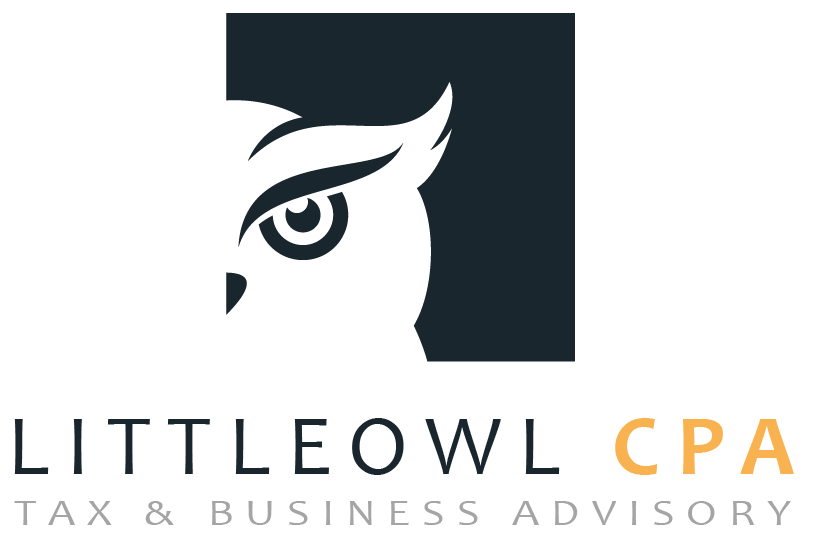Being self-employed offers flexibility, independence, and the opportunity to pursue your passion. However, it also comes with unique tax responsibilities and considerations. Understanding the tax implications of self-employment is crucial to stay compliant, minimize tax liabilities, and maximize available deductions and benefits. In this comprehensive tax guide, we will explore the key aspects of being self-employed from a tax perspective and provide insights to help you navigate your tax obligations and make the most of your self-employment journey.
Self-Employment Taxes
As a self-employed individual, you are responsible for paying self-employment taxes, which include both the employer and employee portions of Social Security and Medicare taxes. These taxes help fund your future Social Security and Medicare benefits. Key points to consider include:
- Self-Employment Tax Rates: The current self-employment tax rate is 15.3% (12.4% for Social Security and 2.9% for Medicare) on your net self-employment income. Social Security has an annual cap, but Medicare is uncapped. An additional .09% Medicare surtax is assessed over a threshold.
- Schedule SE: You report and calculate self-employment taxes using Schedule SE, which is filed with your individual income tax return (Form 1040).
Business Deductions
One significant advantage of being self-employed is the ability to deduct legitimate business expenses, reducing your taxable income. Some common deductions available to self-employed individuals include:
- Home Office Expenses: If you use a portion of your home exclusively for your business, you may be eligible to deduct related expenses, such as rent, utilities, and insurance.
- Business Supplies and Equipment: Expenses incurred for business supplies, equipment, software, and professional services can be deducted.
- Travel and Meals: Expenses for business-related travel, accommodations, meals, and entertainment may be deductible, subject to certain rules and limitations.
- Health Insurance Premiums: Self-employed individuals may be eligible to deduct health insurance premiums paid for themselves, their spouses, and dependents.
- Retirement Contributions: Contributions to a self-employed retirement plan, such as a Simplified Employee Pension (SEP) IRA or a solo 401(k), are generally deductible.
Estimated Taxes
Since self-employed individuals do not have taxes withheld from their income throughout the year, they are typically required to make quarterly estimated tax payments. Key considerations include:
- Calculating Estimated Taxes: Estimated taxes are based on your projected income and self-employment tax liability for the current tax year.
- Form 1040-ES: Use Form 1040-ES to calculate and pay estimated taxes. Payments are typically due on April 15, June 15, September 15, and January 15 of the following year.
- Avoiding Underpayment Penalties: It’s important to make accurate and timely estimated tax payments to avoid underpayment penalties.
If you have questions about how this topic will impact you, Team LittleOwl CPA is here to help. Schedule a discovery call today!

About Tabitha Regan
Tabitha Regan is the Founder and CEO of LittleOwl CPA. She is a Certified Public Accountant, Certified Financial Planner™ and Personal Financial Specialist. In her 16+ year career span, she has developed an expertise in the specific needs of small businesses and busy professionals with accounting, tax and advisory services.


